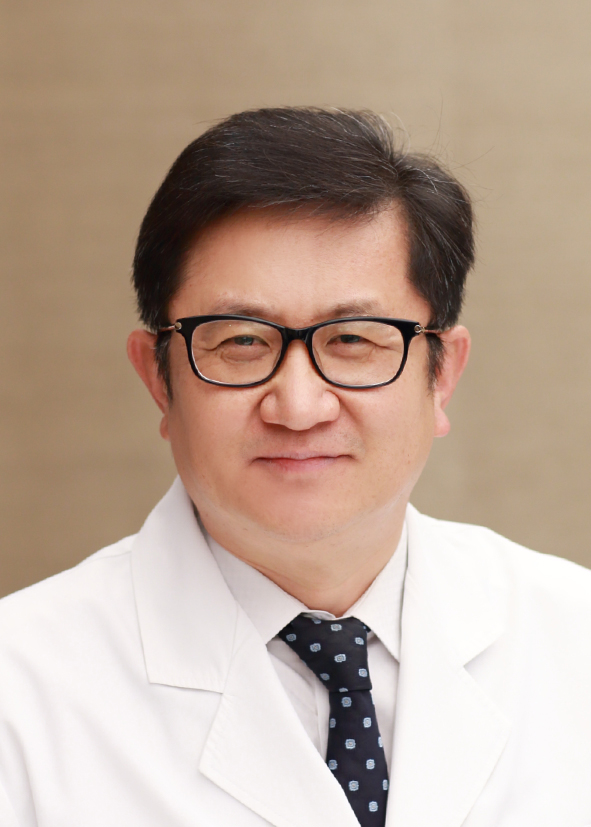A professor at Konkuk University Medical Center will receive $800,000 in funding from Merck & Co. to conduct a “groundbreaking” oncology study that determines the effectiveness of immunotherapies, the hospital said Wednesday.

The American pharmaceutical will back the study led by Professor Lee Kye-young, having selected his research topic as the final pick for Merck & Co.’s Global Oncology Translational Study Program, it said.
The research topic aims to predict the efficacy of immunotherapeutic agents on non-small cell lung cancer patients by using tumor mutation burden (TMB) data. The TMB data uses next-generation sequencing (NGS) analysis of extracellular vesicles-derived DNA, obtained from bronchoalveolar lavage fluid, the center said.
The data will be a useful biomarker to determine immunotherapeutic effectiveness, it said.
Biomarkers have become a valuable tool to predict the effectiveness of cancer drugs. Although immunotherapies are one of the hottest topics in cancer research, it is effective on only about 20 percent of patients.
For lung cancer, the PD-L1 protein expression is the most commonly used biomarker, even though its accuracy falls below 50 percent and is regarded as an incomplete marker in academic circles.
The professor has also found that a diagnostic method for non-invasive lung cancer, developed independently, can also be used to predict the effectiveness of immunotherapies. The technique accurately and quickly detects EGFR gene mutations in lung cancer patients by separating extracellular vesicles and extracting the DNA from the bronchoalveolar lavage fluid.
“We are proud to have developed the technology at Konkuk University Medical Center’s Lung Cancer Center,” Lee said. “It is significant that the new tech will be able to build an innovative medical care platform for lung cancer patients that can quickly and accurately predict the effects of anticancer drugs and targeted checkpoint inhibitors.”

